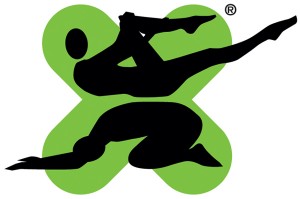What exactly is Pilates?
-
Pilates targets the deep postural muscles building strength from the inside out, rebalancing the body and bringing it into correct alignment.
-
It works across many levels of ability, making it perfect for everyone, from beginners, to dancers and athletes.
-
It is especially recommended for those with back problems, it is also excellent during and after pregnancy.
Why is it called Pilates?

Joseph Pilates – The man himself!
-
Joseph Pilates (1880 – 1967) created a series of exercises that balanced the building of strength, with the increase of flexibility.
-
Joseph began teaching his method in a UK Prisoner of War Camp, and then developed it with Ballet dancers in New York’s theatre district, having fled Germany due to the war, where is continued to live and work, and where he invented the Pilates machines, such as the reformer.
How is it different to Yoga?
-
Yoga was an influence on Pilates, and they share many similarities. Both are mat based practises which improve strength & flexibility.
-
Pilates’ main focus is the core. Rather than simply stretching to improve flexibility, Pilates focuses on why a certain muscle is tight and tries to solve the problem.
-
Pilates is suitable for hyper-mobile people.
-
There is no spiritual component to Pilates, it is rooted firmly in science.
-
Pilates is linked to physiotherapy and is frequently Doctor recommended for injury recovery
What is the Body Control Pilates ® method ?

-
Body Control is Europe’s largest professional Pilates organization.
-
Teachers work to a code of practice that governs teaching standards and professional ethics against the national UK standard.
The Body Control method takes Joseph Pilates’ original teaching and applies it to all kinds of different bodies and levels of ability.
The method is centred around awareness of the body and is based on the following 8 principles:
-
Relaxation
-
Co-Ordination
-
Alignment
-
Stamina
-
Concentration
-
Centring
-
Breathing
-
Flowing Movements


